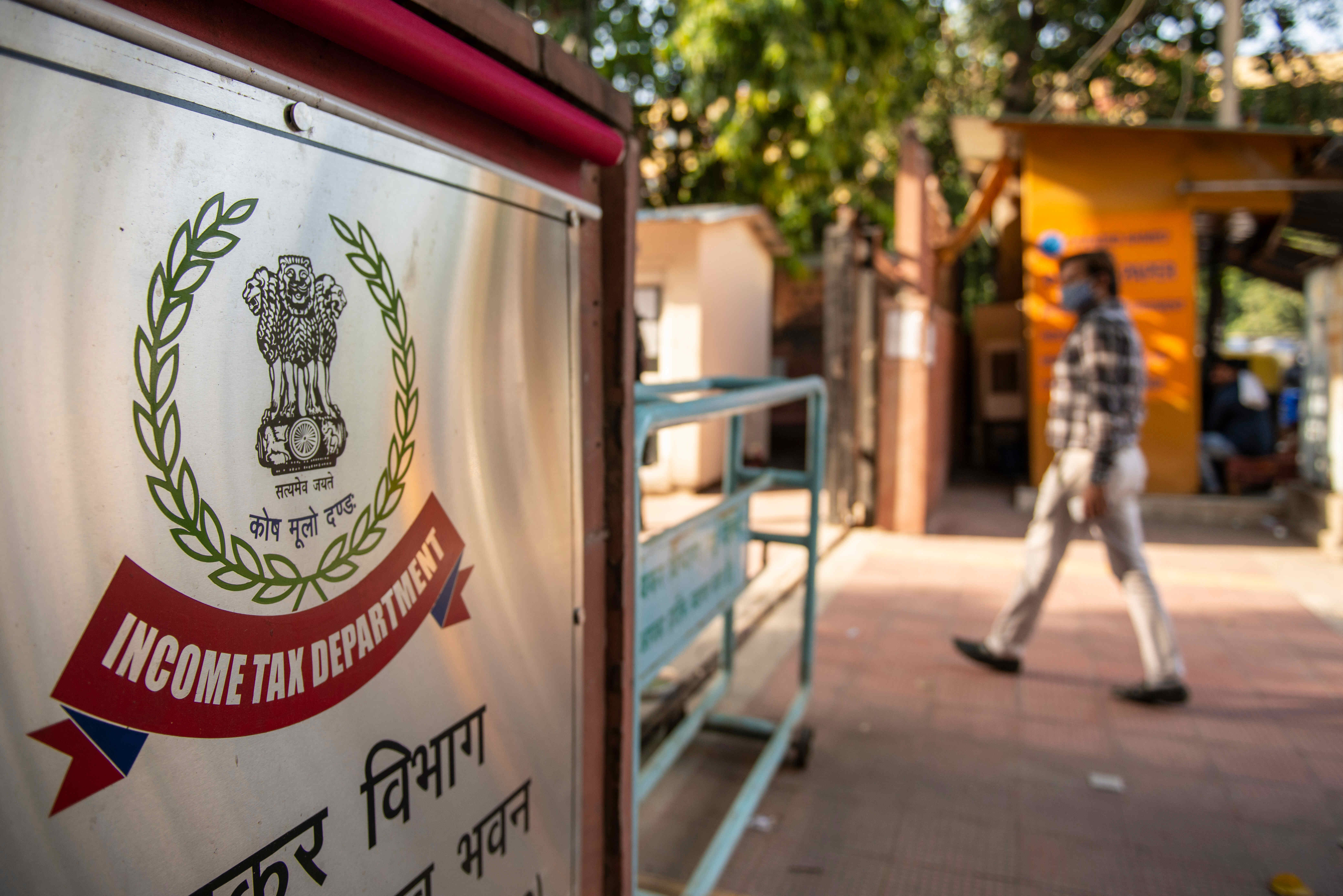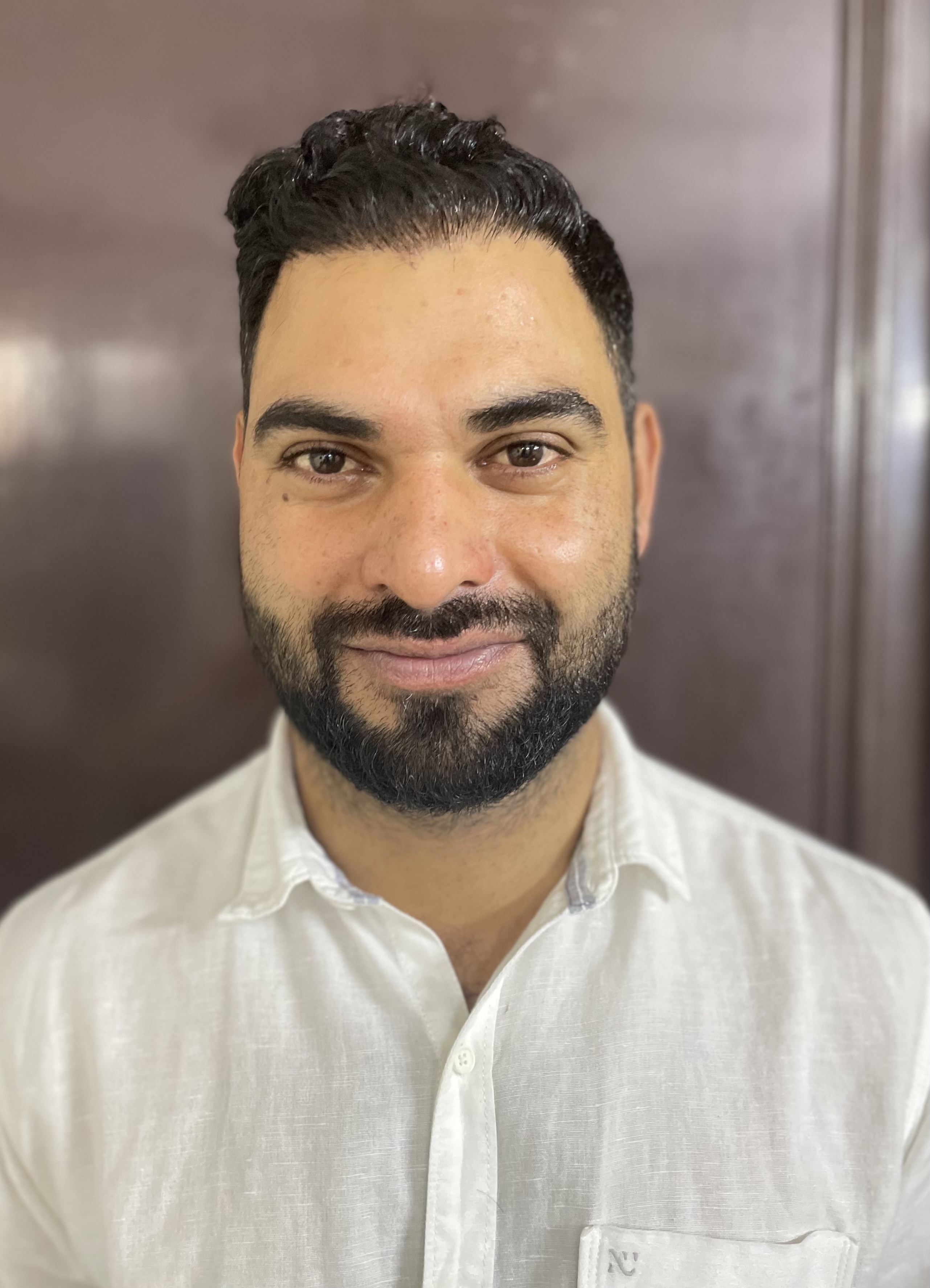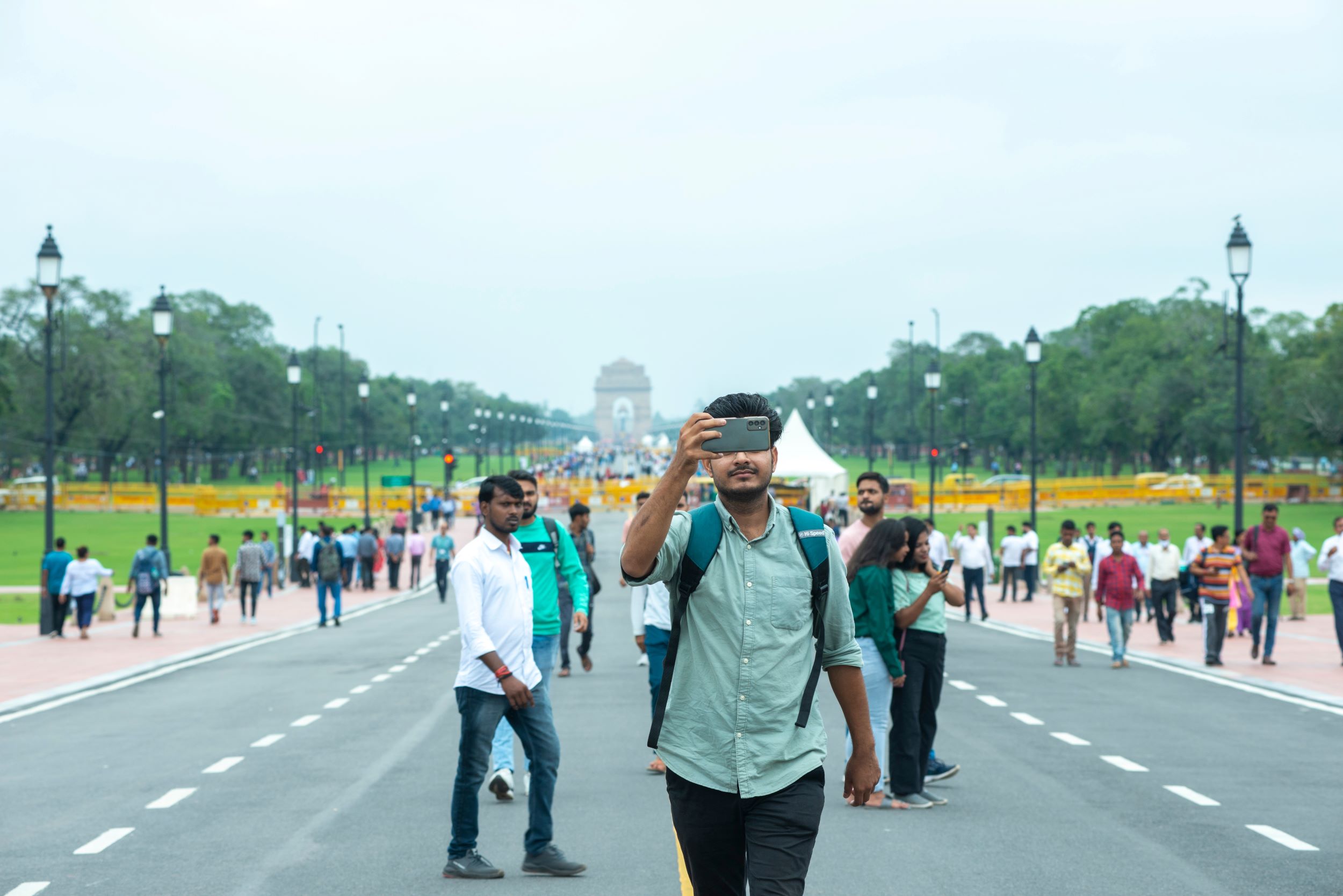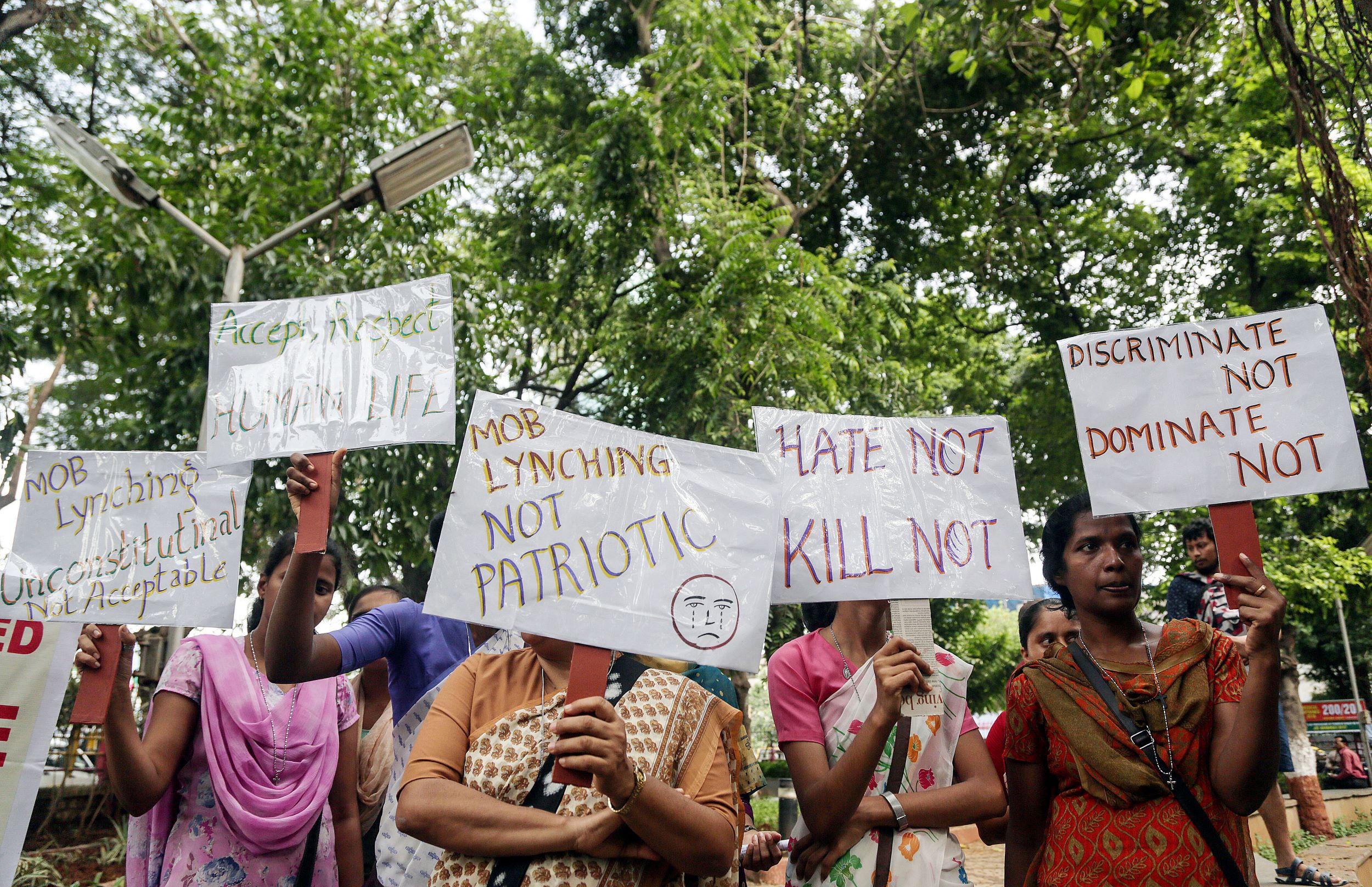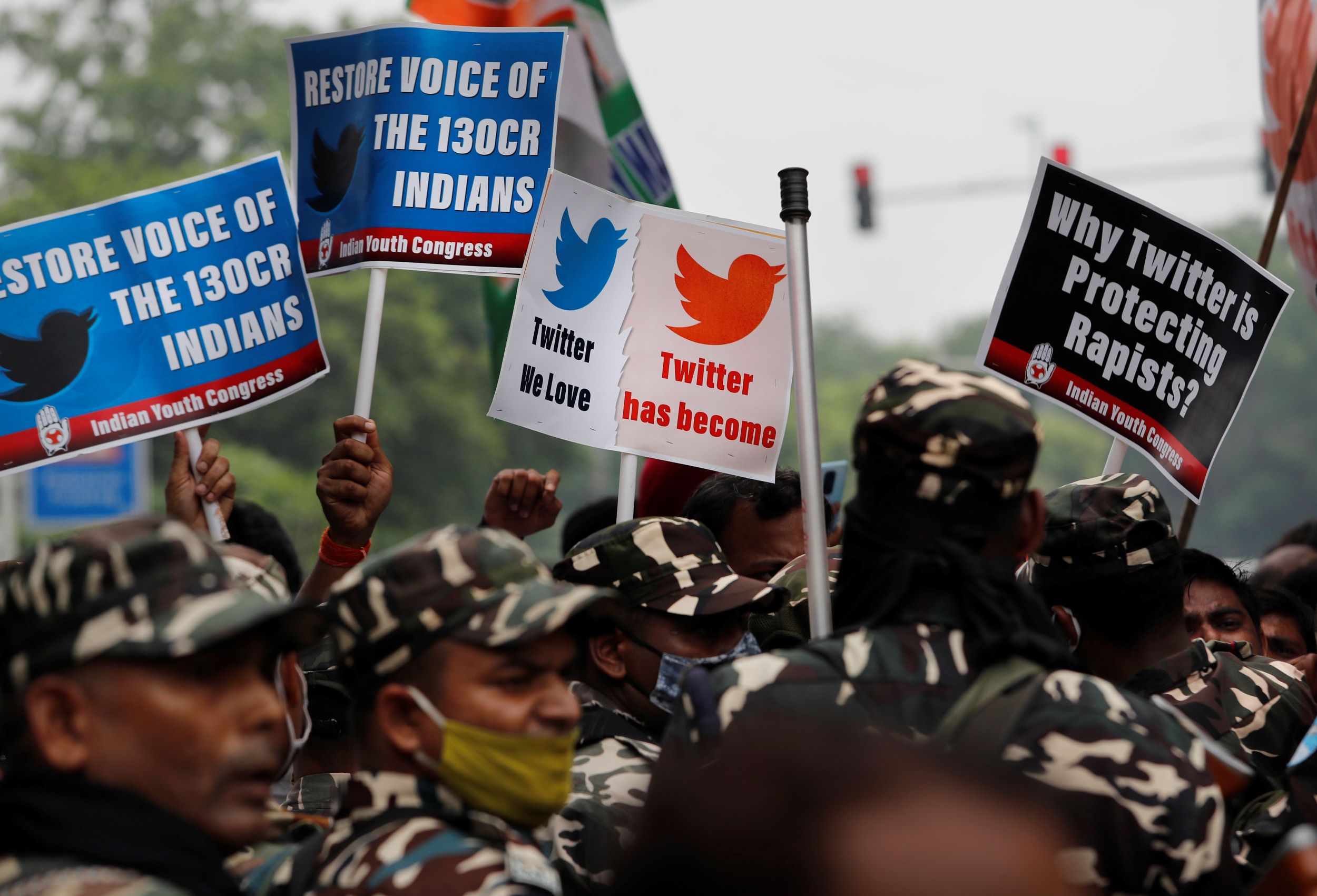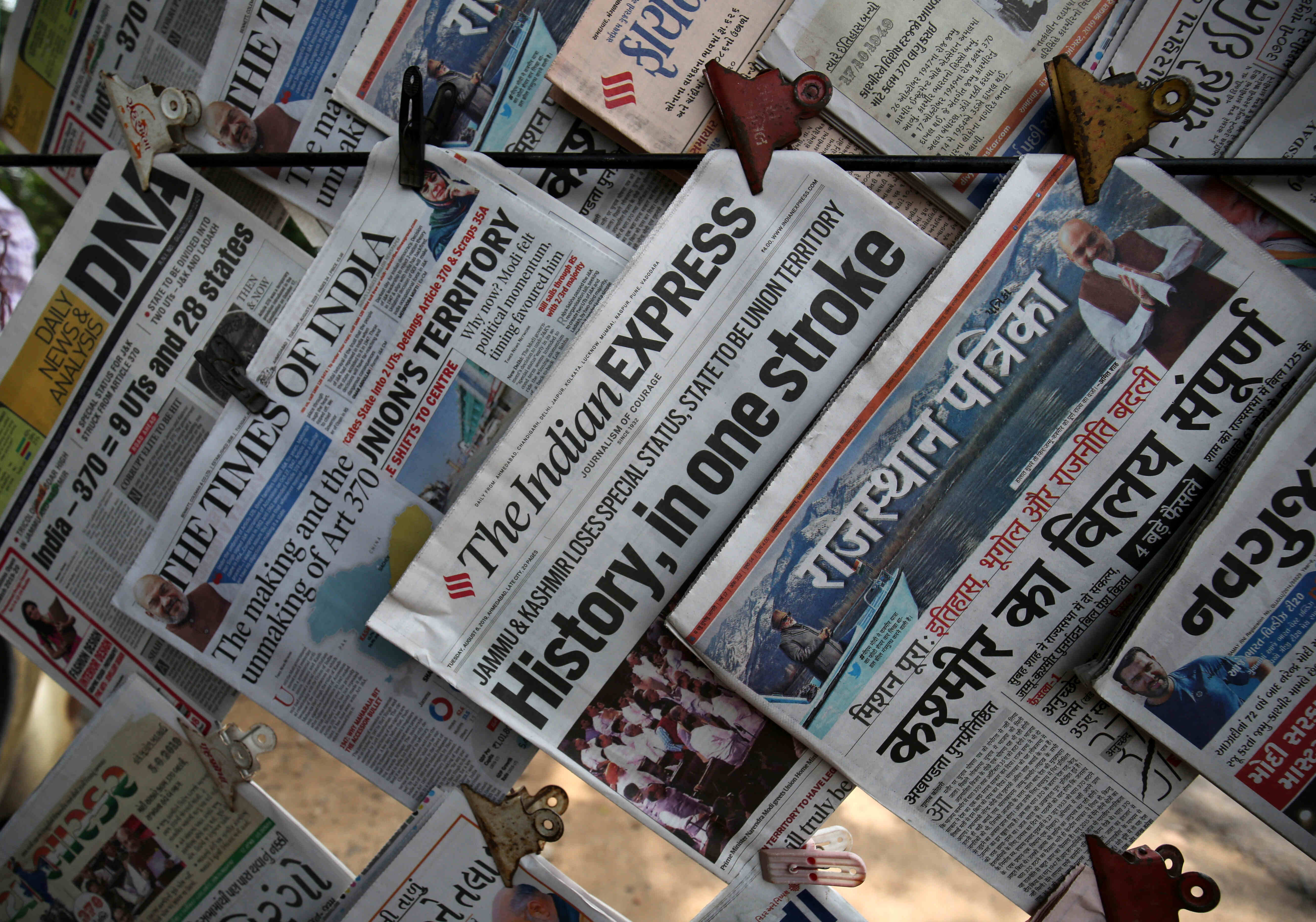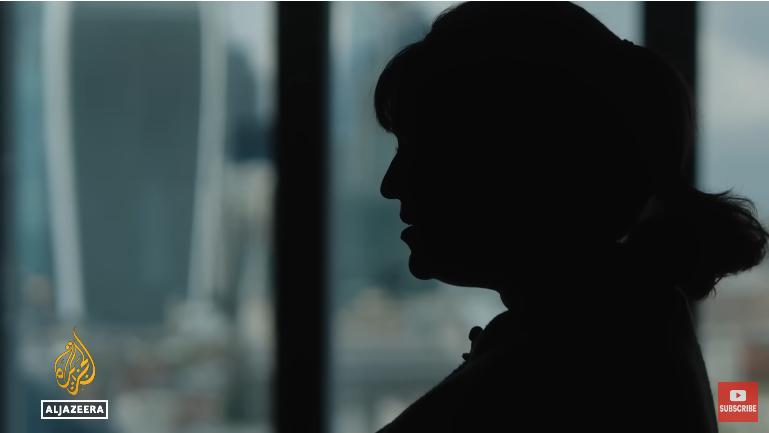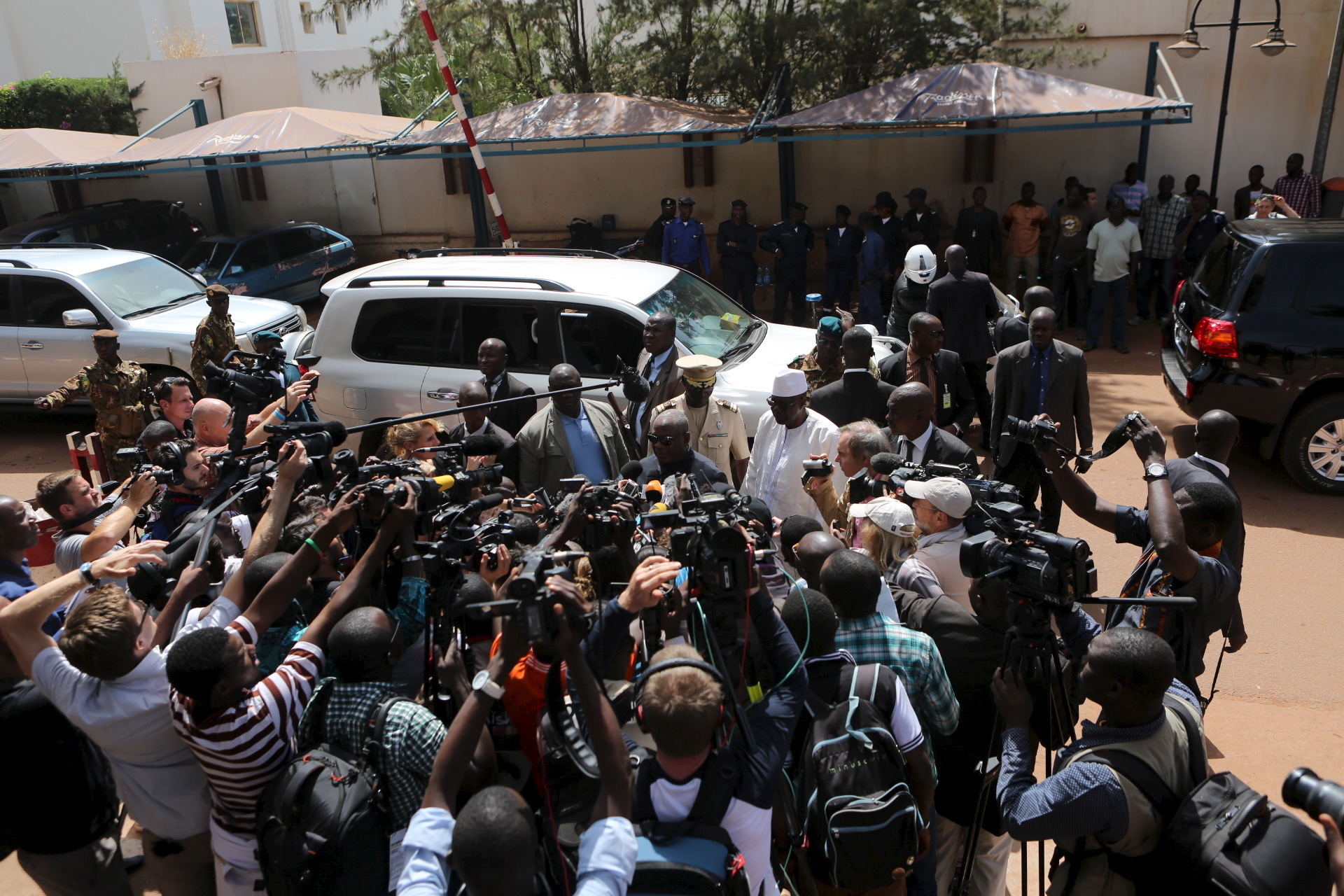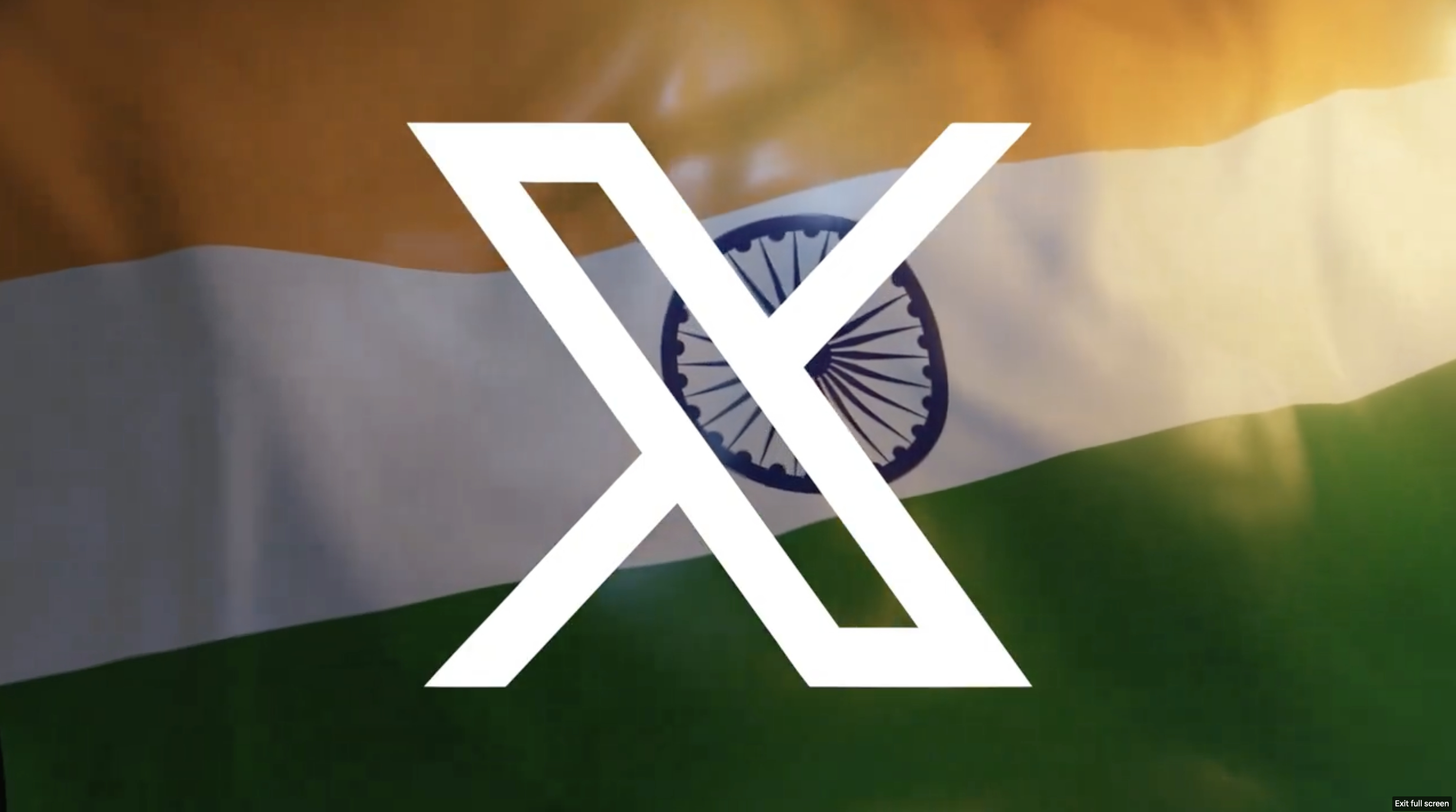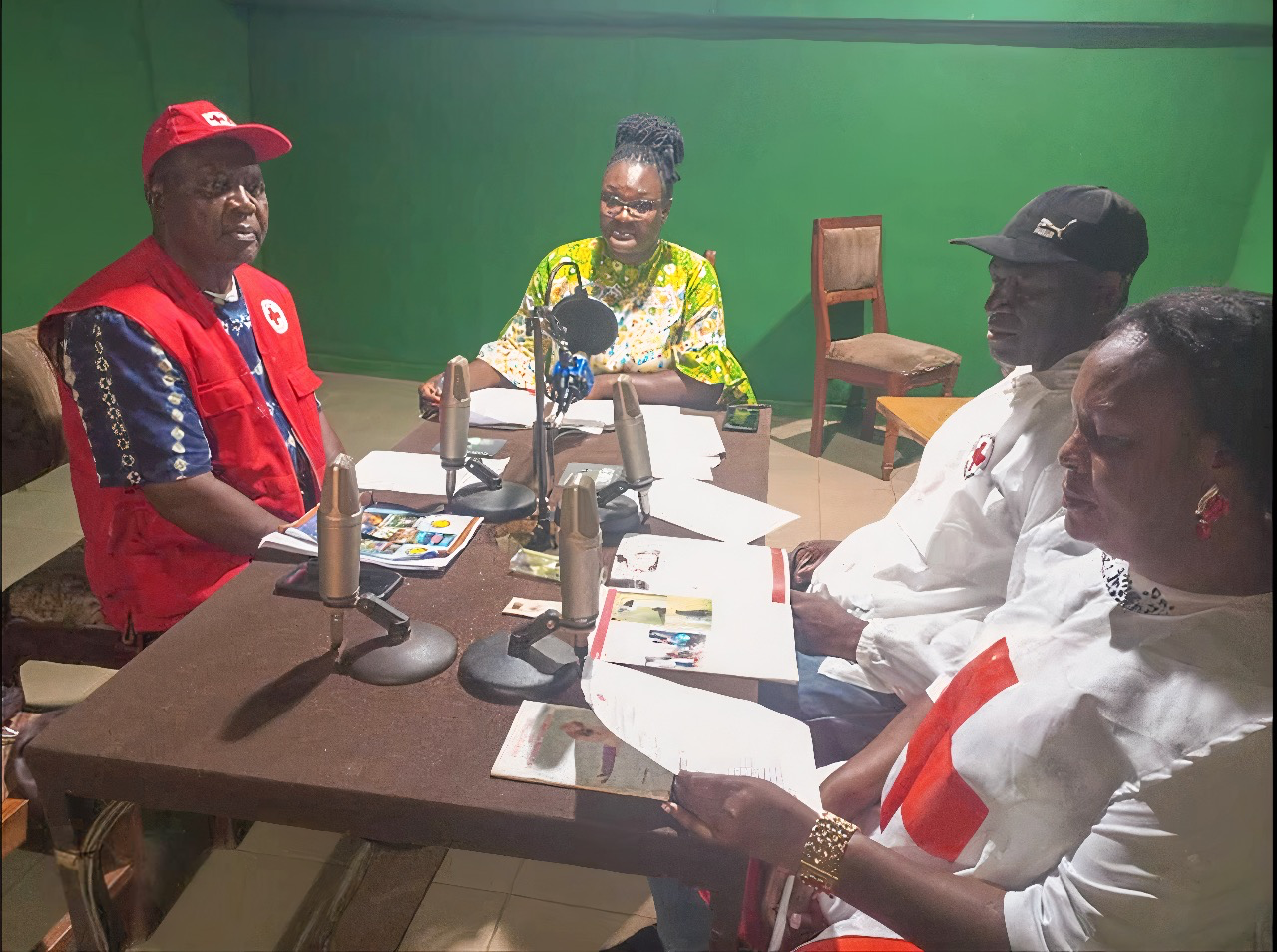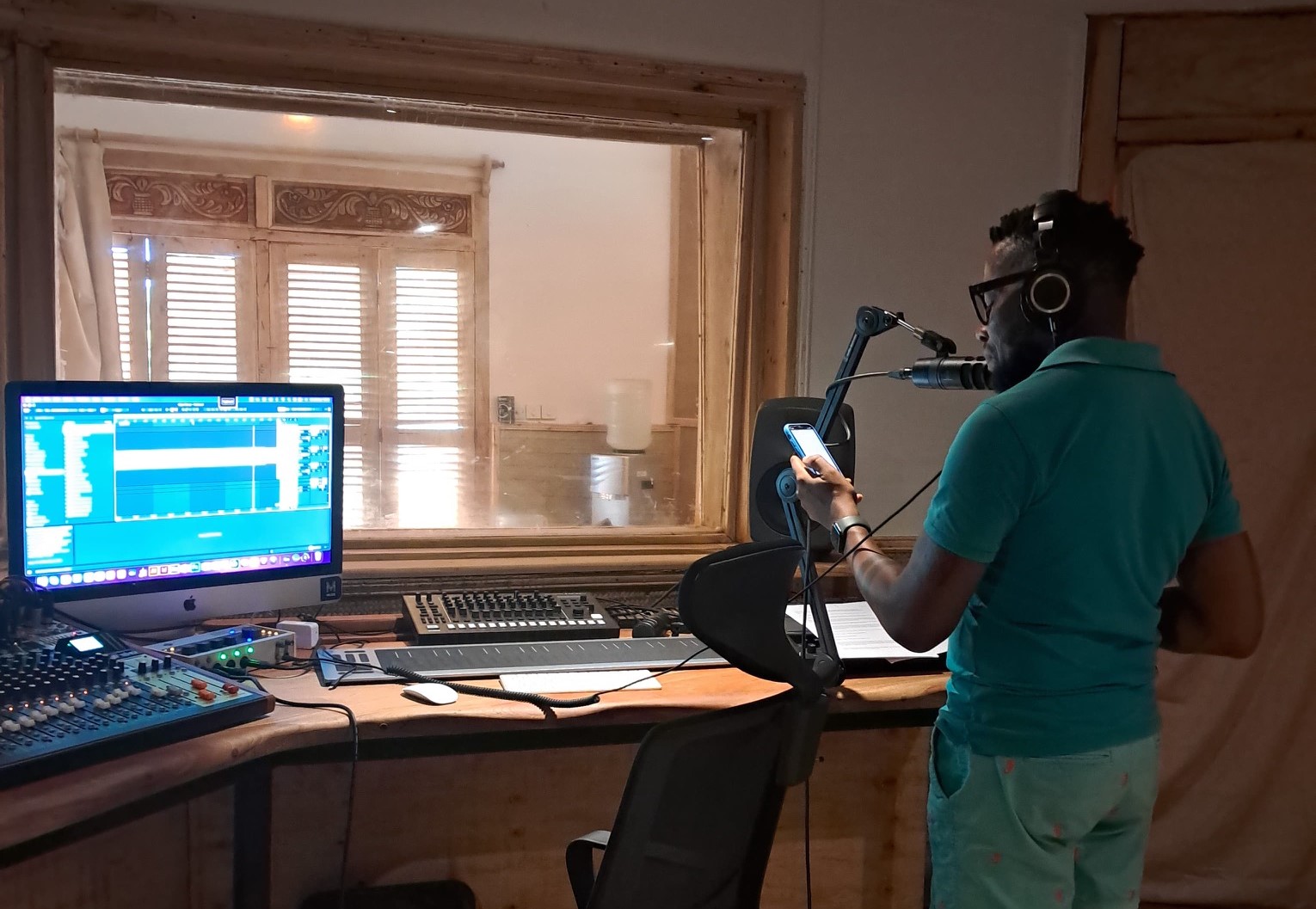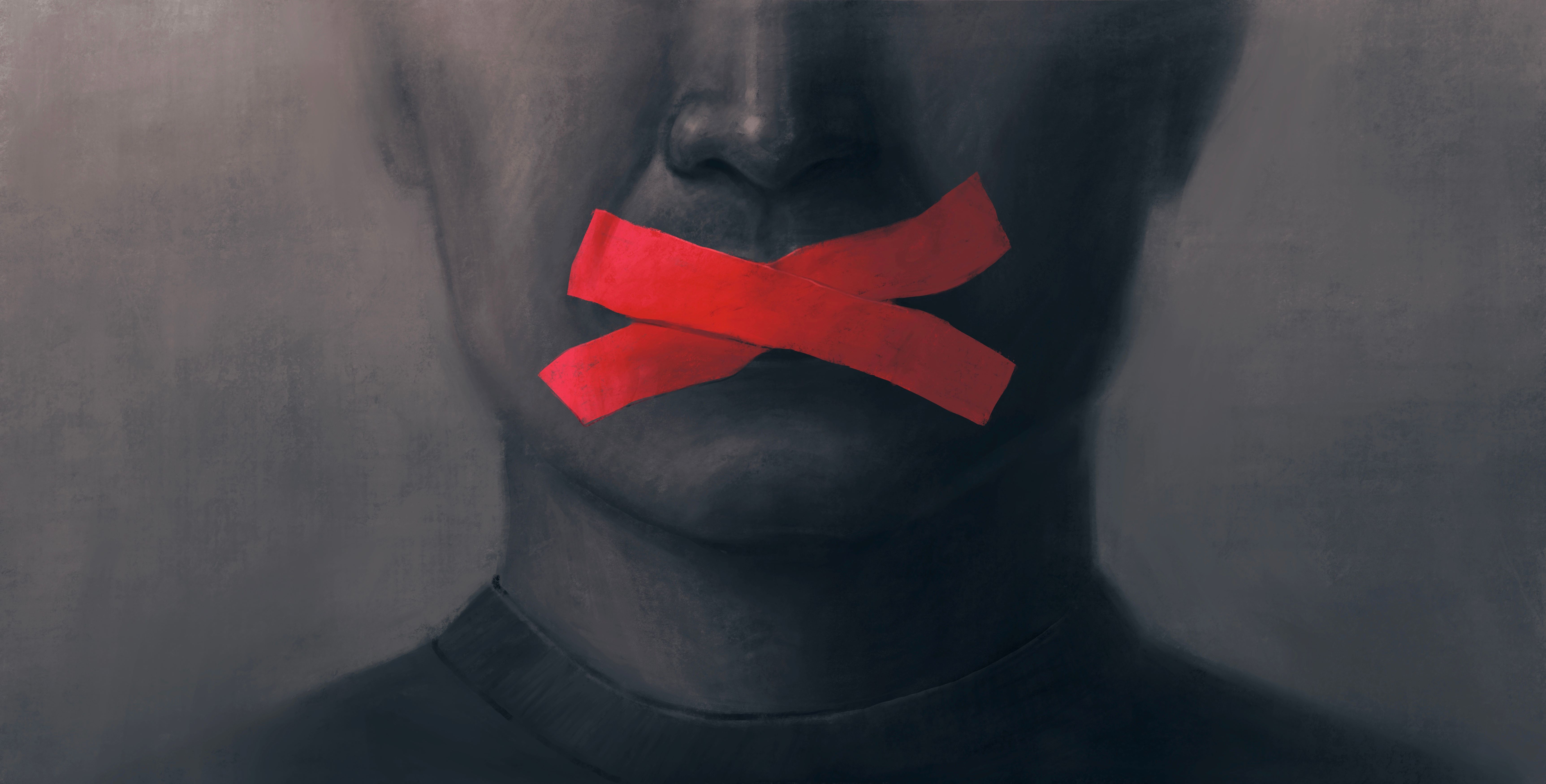In a move that’s sent shockwaves through India’s independent media landscape, tax authorities have revoked The Reporters’ Collective's non—profit status, claiming journalism doesn’t serve a “public purpose.” Critics warn this unprecedented action, echoed in similar crackdowns on other outlets, is part of a broader campaign to throttle investigative journalism and stifle dissent financially.
New Delhi, India — January 28: The Reporters’ Collective (TRC), an Indian investigative journalism platform, announced that the country’s Income Tax Department has revoked its non-profit status. The decision, according to authorities, is based on the claim that journalism does not “serve any public purpose” and therefore cannot be conducted under a non-profit structure.
With the revocation, TRC will now be taxed as a commercial entity, meaning donations to the organization could be subject to taxation—something TRC warns might “discourage potential funding” and hamper its ability to operate.
The tax could potentially be applied retrospectively.
TRC, which began as an informal group, was formally registered as a non-profit trust in July 2021, supported by citizen contributions.
Since its inception, it has published a number of investigative reports scrutinizing Prime Minister Narendra Modi’s government. These include investigations into corruption, government accountability, to allegations of corporate cronyism, and unethical business practices by the Adani Group, one of India’s most powerful conglomerates.
The organisation says that the revocation of its non-profit status "severely impairs" their ability to do their work and " deteriorates the conditions for independent public-purposed journalism in the country."
"We at The Reporters’ Collective continue to believe that journalism, when done right, is an essential public service for our democracy. Journalism done right is a public good. Investigative journalism that holds the powerful accountable essentially serves the citizens, particularly the poor and the marginalised," TRC's statement said, adding that "We have consistently worked with public purpose as a non-profit and in adherence to all Indian laws, without fear or favour."
The Reporter's Collective has filed an appeal against the tax department’s order before a tribunal and says it is exploring legal options “to defend the idea of journalism as a public good and our right to carry out investigative journalism, research and training free of encumbrances, fear or threats at The Collective."
They have appealed against the tax authorities order in a tribunal.
Is Indian Government Attempting to Silence Independent Media?
In December 2024, the Bengaluru-based Kannada news website The File—known for its investigative reporting in the southern state of Karnataka, a state currently governed by the Congress party—was issued a similar order when it applied to renew its charitable trust status. According to editor G. Mahanthesh, the Income Tax Department cancelled the exemptions granted to The File under Sections 12A and 80G of the Income Tax Act.
Section 12A of the Income Tax Act, 1961, allows non-profit entities such as charitable trusts, welfare societies, NGOs, and religious institutions to claim tax exemptions. Section 80G permits donors to deduct the donated amount from their taxable income, thereby encouraging public support.
“This is an attempt to suppress independent media,” Mahanthesh told the Al Jazeera Institute.
He explained that The File, operating under the Paradarshak Media Foundation for the past five years and funded through public donations, has consistently reported on issues of public administration, corruption, bureaucratic negligence, and public policy—regardless of the ruling party in the state.
“We are neither for nor against any political party. We are simply doing journalism,” he said. “We’ve published document-backed reports on the previous BJP government’s governance in Karnataka. We have exposed major irregularities in the procurement of medical equipment during the COVID-19 pandemic—something even the current Chief Minister Siddaramaiah (then the Leader of the Opposition) raised in the Assembly. We've continued this work under the current Congress government and will keep doing so.”
With the revocation of the foundation’s 12A and 80G status, Mahanthesh added, “This has created serious difficulties for us.”
The File was forced to lay off a video editor and a producer following the revocation of its non-profit status. “If the status isn’t restored, we’ll also have to vacate our office space,” said editor G. Mahanthesh, noting that the premises had been secured through a grant from the Independent and Public-Spirited Media Foundation (IPSMF), a key supporter of independent journalism across India.
In September 2022, the Income Tax Department conducted raids and surveys at the offices of the Centre for Policy Research, the global NGO Oxfam India, and IPSMF in Bengaluru. Over the years, IPSMF has funded The File as well as other prominent independent media organisations including The Wire, The Print, and The Caravan.
Mahanthesh added that The File continues to publish reports in the public interest under formats such as The File Analysis, The File Explainer, and The File Talk, offering what he described as charitable services through their coverage of public administration.
“But the Income Tax Department argues that media organisations are not charitable,” he said. The File has appealed the order, and the case is scheduled for a tribunal hearing on March 24.
Journalism as a Public Service
The Committee to Protect Journalists (CPJ) has called upon the Indian government to end what it has termed “its weaponization of regulatory measures targeting independent journalism."
According to CPJ, the move against The Reporters’ Collective (TRC) is part of a troubling trend of financial and legal pressure on media outlets that challenge power.
“Journalism is a public service. The Indian government should not abuse regulatory processes to target investigative journalism,” said Beh Lih Yi, CPJ’s Asia Program Coordinator. “The government must immediately reverse these orders against The Reporters’ Collective and The File, which could set a dangerous precedent for other non-profit media in India and severely undermine public interest journalism.”
Journalists and press freedom advocates say these incidents are not isolated, but rather part of a wider campaign to bring independent media under control.
Siddharth Varadarajan, senior journalist and co-founder of The Wire, called the Income Tax Department’s rationale for revoking TRC’s non-profit status “ridiculous,” adding that it reflects the Modi government’s broader attitude toward independent journalism.
He noted that public donations are a vital lifeline for independent outlets, which may be why the government is now making it increasingly difficult to collect them. “The state is using every possible means—SLAPP suits, criminal cases, arrests, bans (particularly in Jammu and Kashmir), and regulatory harassment—to go after the independent press. We still have freedom of the press, but freedom after publication is no longer guaranteed,” he said.
In October 2023, Delhi police raided the homes of dozens of journalists linked to the news website NewsClick, which had been accused of receiving funds from China—an allegation the outlet denied. Two staffers, including editor Prabir Purkayastha, were arrested under a stringent anti-terror law, and authorities seized the devices of many journalists.
India’s Supreme Court later ruled in May 2024 that Purkayastha’s arrest was unlawful and ordered his release on bail.
Earlier, in February 2023, tax authorities raided the BBC’s offices in Delhi and Mumbai just weeks after it aired a documentary critical of Prime Minister Modi. The film was subsequently blocked in India.
Independent platform Newslaundry, which rejects corporate and government ad revenue in favor of reader subscriptions, marked its 13th anniversary this year. Its CEO, Abhinandan Sekhri, revealed in an X post that the platform had received ten Income Tax notices in the first week of February alone. “I stopped counting after 50, so I think we’re somewhere around 70 now,” he wrote, adding sarcastically, “I couldn’t be more proud of this amazing team and all who have been part of it . Also my eyes were brimming with khushi ke aansoo (tears of happiness) because we got 10 IT notices this week. Thank you @IncomeTaxIndia.”
He, however, said that such tactics have a “chilling effect” on organisations. “It drains your resources and wastes your time. It's intimidating for many people when a team of officers knock on the office door, snatching your phone. People get scared to do partnerships with you."
India's rankings at the World Press Freedom Index published annually by Reporters Without Borders (RSF) has fallen over the years. The index ranks countries on the ability of journalists to work and report freely and independently.
In 2024, India ranked at 159th out of 180 nations. Its neighbour Pakistan, which has had a fraught relationship with democracy since its independence in 1947, ranked 152 while Sri Lanka ranked at 150. In 2023, India's ranked at 161.
Célia Mercier, Head of RSF's South Asia Desk, told Al Jazeera Institute that a handful of private-sector companies and conglomerates -- closely tied to the Prime Minister -- now control India’s mainstream media. "As a result, these outlets have become largely complacent toward the government," she said, adding that only a few independent media organizations remain in the country, and they play a vital role in ensuring access to "unbiased information."
"They are essential for conducting investigative journalism, uncovering fraud and corruption cases, scrutinizing government policies, and holding those in power accountable," she said adding that “fiscal harassment” is just one of many tools used by the government to intimidate independent media.
“Authorities have an entire arsenal of regulations and repressive laws at their disposal that can be exploited to silence critical voices and even detain journalists. The targeting of the independent outlet NewsClick last year, which was one of the most blatant attacks on press freedom in India, exposed many aspects of this multifaceted repression."
To claim that journalism is only for profit and to deny its public interest, Mercier said, ignores the very nature of the profession and the role it plays in a democracy.
"Journalism’s fundamental role has been recognised by international law for years, and it seems the Indian tax authorities want to ignore India's international commitments, including the International Declaration on Information and Democracy," Mercier said, adding that the case of TRC is an “intolerable attack on journalism and a dangerous precedent that could threaten all non-profit media organisations.”
"By attacking independent media organisations under the pretext of tax regulations, the authorities are attempting to silence investigative journalists and dry up their financial resources," she said.
